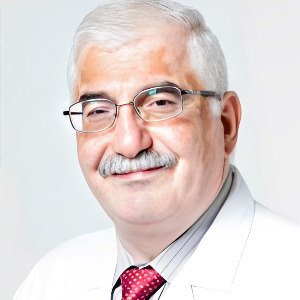Hyperglycemia is caused by diabetes mellitus, which is caused by a lack of insulin production (type 1) or peripheral insulin resistance (type 2), both of which cause hyperglycemia. Although the kinds of diabetes mellitus (diabetes) seen in children are similar to those seen in adults, psychosocial issues might complicate treatment. The most frequent type of diabetes in children is type 1, which accounts for two-thirds of new cases in children of all ethnic groups.
The endocrine system consists of a number of glands located throughout the body that release hormones directly into the bloodstream rather than through a duct system. Endocrine glands are thus referred to as ductless glands. Hormones have a wide range of functions and modes of action; one hormone may have several effects on various target organs, and one target organ may be impacted by multiple hormones. Endocrinology is a discipline of biology and medicine that studies the endocrine system, its disorders, and the hormones that are secreted by it.

Mahir Khalil Ibrahim Jallo
Gulf Medical University, Canada
Yong Xiao Wang
Albany Medical College, United States
F Buck Willis
Belize Bible College, Belize
Sujith Rajan
NYU Long Island School of Medicine, United States
Amy Gutman
AdventHealth; Tough Love MD, United States
Paraskevi Theofilou
Hellenic Open University, Greece


Title : Adipose MTP deficiency protects against hepatic steatosis by upregulating PPAR activity
Sujith Rajan, NYU Long Island School of Medicine, United States
Title : Important roles and mechanisms of novel calcium signaling in diabetes-induced vascular dementia
Yong Xiao Wang, Albany Medical College, United States
Title : Does winter melon (Benincasa hispida) improves nutritional values and ameliorating glycaemic parameters?
Wan Rosli Wan Ishak, Universiti Sains Malaysia, Malaysia
Title : Diabetes reduction (pre-diabetes and type 2) with integrative medicine
F Buck Willis, Belize Bible College, Belize
Title : The menopausal mind: Reframing female senescence as a neuroendocrine disorder with root cause management strategies
Amy Gutman, AdventHealth; Tough Love MD, United States
Title : Bridging the gap: Coaching patients on GLP-1s for sustainable outcomes beyond the prescription
Keith Hersey, Master Your GLP-1, United States